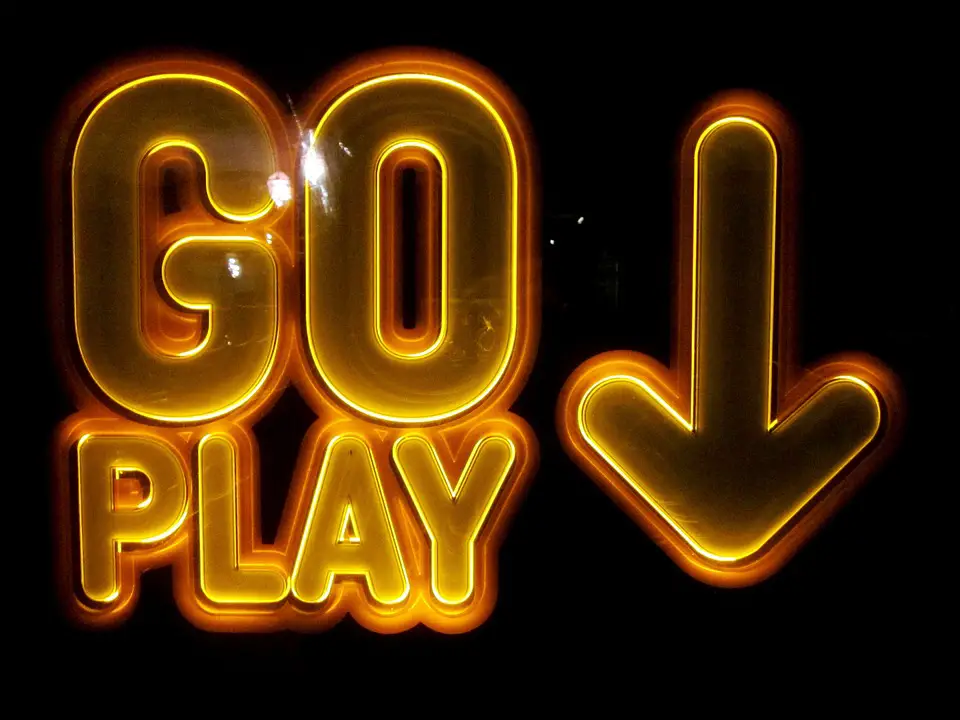
In the early days of Go, the language was released under a BSD-style license, which allowed for both commercial and non-commercial use of the language. This license was chosen to promote widespread adoption of Go and to encourage developers to contribute to the language’s development. However, as the Go community grew, so did the need for more robust licensing practices to protect the intellectual property of contributors and ensure the long-term viability of the language.
In response to these needs, the Go community adopted the Apache 2.0 license in 2015. This license is a permissive open-source license that allows for the use, modification, and distribution of Go code under certain conditions. One of the key benefits of the Apache 2.0 license is that it includes a patent grant, which provides legal protection for developers who contribute to the Go project. This helps to ensure that contributors are not at risk of being sued for patent infringement by other contributors.
Another important aspect of licensing in the Go community is the use of the Creative Commons Attribution 4.0 license for documentation and other non-code materials. This license allows for the reuse and distribution of documentation with proper attribution, while still protecting the intellectual property of the original creators. By using a standardized licensing model for all aspects of the Go project, the community is able to maintain a clear and consistent approach to intellectual property rights.
Overall, the evolution of licensing in the Go programming language community reflects the growing maturity and professionalism of the language. By adopting clear and standardized licensing practices, the Go community is able to protect the intellectual property of contributors, promote widespread adoption of the language, and ensure the long-term sustainability of the project. As the Go community continues to grow and evolve, it is likely that licensing practices will also continue to adapt to meet the changing needs of developers and users.






